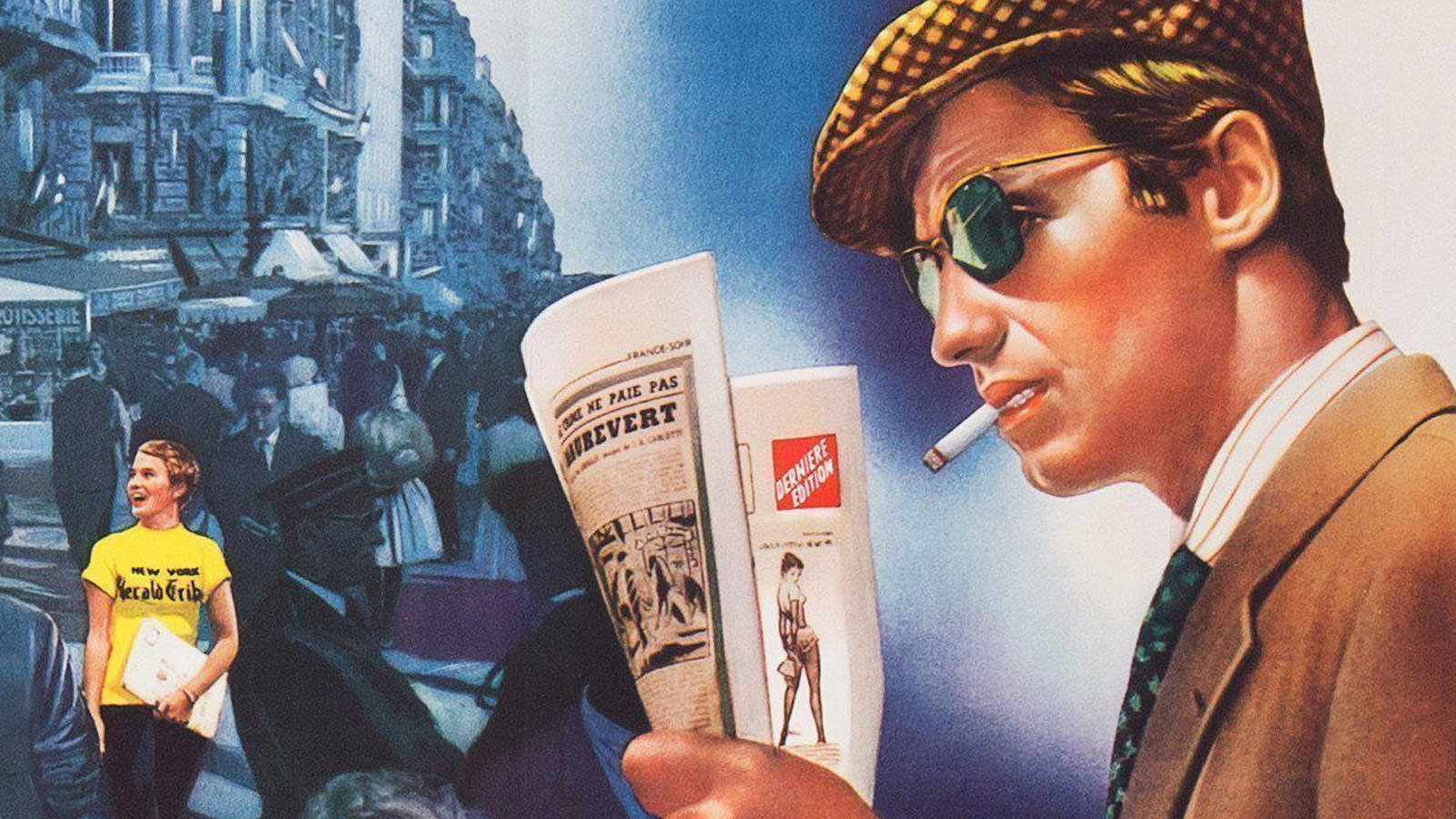The sociological term “New Wave” was first used in France in the late 1950s to define the generation born during World War II or shortly after. The original meaning of this phrase was soon abandoned and the term narroweded only for the incoming generation of filmmakers.
None of film history textbooks dares to omit French New Wave. What made this cinematic movement so exceptional? Did it really drive audiences out of cinemas as it was long believed? Why did Jean-Luc Godard start as a documentarist? And was Jean-Paul Belmondo meant to be an exclusive protagonist of intellectual authorial quirks?
Questions like these will be addressed in one of this year’s sections, laconically entitled as “French New Wave”. Apart from famous movies, such as The 400 Blows or Breathless, it will introduce a wide range of short films and debuts by Truffaut, Varda, Rivette, or Rohmer. We will outline the work of Alexandre Astruc and introduce some of lesser-known, yet still key film personalities of that time (Rozier, Gilles, Doniol-Valcroze).

